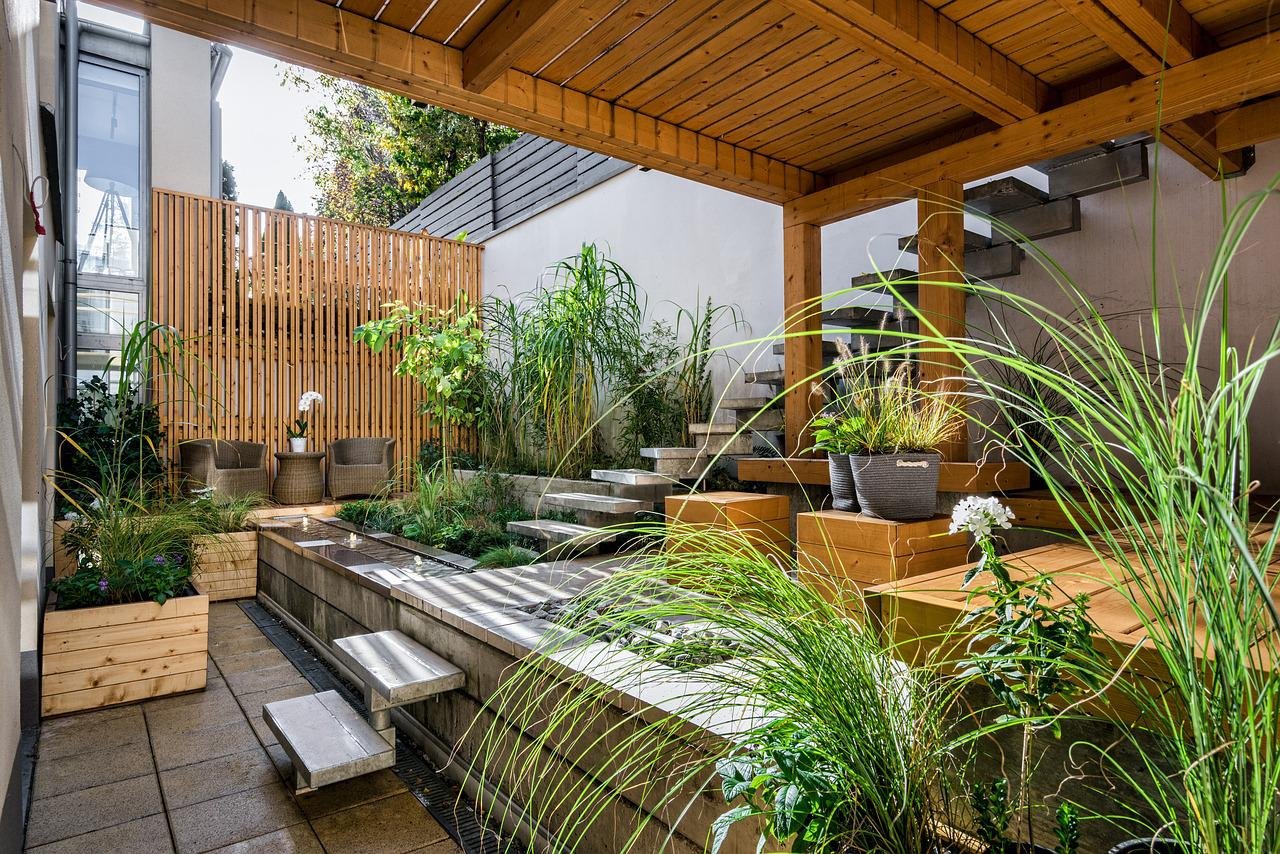Table of Contents Show
Building a house is a daunting task. Designing the blueprint, planning procurement of construction material, and finding the right construction workers can leave one overwhelmed.

This complex nature of work makes you confused about where to start, and you might make the wrong decisions because you have no one to guide you through the process. Hence, it is advised that you do your research and consult someone who has prior construction knowledge.
To make things a little easier for you, we bring a list of the 6 important things you need to keep in mind when building a house.
1. Hire Professionals
Even if you have a background in construction, be sure to hire professionals to help you in the decision-making phase.
They tend to have an entire team of people at their disposal and will make building your house a much easier affair than you anticipated. They will help you design a construction schedule and help you procure the best material and facilities to hire the construction workers, etc.
This technique will ensure you complete your house without any trouble.
Similarly, if you are a house builder and your client is taking advantage of you, it is better to take help. For instance, you can hire construction claims consultants and professionals to help you deal with your annoying client. They will give you their expert opinion to tackle the claims put forth by your client against you.
To learn more about them, hop onto a search engine, type ‘construction claims consultants’, and click to read the top results. Go through them all and choose the best as per your preference.
Read Also:
2. Plan The Space
Be aware of what you are getting yourself into. When you plan how you want to use your house’s space, you need to consider some basic things. Your living room and dining room should have a lot of natural light flowing in. Try positioning them in a direction that has the best sunlight position.
Furthermore, you can divide your house into zones to understand better where you should locate different rooms within the house.
The day zone should consist of the living and dining rooms, office, guest rooms, and bathrooms. The night zone should have the master bedroom, walk-in closets, bathrooms, family play area, kids’ bedrooms, and the home gym.
3. Track Your Finances
Building a house is an expensive affair. You might need to break things down to the smallest expenses. Track and estimate how much money you’ll need to spend on building the house, and then add some contingency money.
No matter how hard you try, you will need the extra money, and it helps you accommodate extra expenses when they arise. In the planning stage, we often miss out on miscellaneous and small expenses, and while the construction is happening physically, we tend to come across them.
Moreover, the extra cost may even add up over time due to the country’s economic conditions.
4. Get The Right Materials
Using the right mix of materials is a very important factor in constructing a house. A house is a long-term investment and hence should be sturdy and durable. It should last decades.
Opt for whichever materials you think will complement the design you have chosen, however, keep your budget in mind. If you are short on money, you can also go for prefabricated materials.
You can use insulation materials like polyurethane and mineral wood. Better insulation means better blocking of unnecessary noise and chatter.
Moreover, try installing solar panels and other renewable energy setups within the house to reduce the energy costs and make your home eco-friendly. An environmentally friendly home saves both time and money for the owners in the short and long-run.
It is imperative to mention that installing solar panels will save 25 to 30% in energy expenses. Be smart about minimizing expenses in the long run when building a house yourself.
5. Keep Government Regulations In Mind
No matter where you decide to build a house, that state, city, and country will have their own rules and regulations that you will have to follow. They range from simple things like paint color usage to complex ones like the number of stories of the house.
You need to follow these rules and regulations to construct your house. If you don’t follow the rules, you can be subjected to fines and penalties.
Ensure you have all the government approvals and that the construction workers are licensed. Your contracts with construction workers, consultants, architects, and engineers should be properly registered, and the terms should be clear.
6. Build With A Resale Mindset
You should build your house with the mindset of reselling the property. You cannot ignore the real estate industry when building a house because you might have to sell your property if the need arises. You might have to relocate yourself and shift to a completely new place for your job or some other personal commitment.
Talk to a real estate agent before you start construction of the house and see the value of the piece of land in the area. To increase the resale value of your house, it is advised that you ask the agent how to increase the worth of your house. Will a large yard make it an attractive property, or will a modern kitchen increase its value?
After you have built the house, talk to the real estate agent again and ask him to re-evaluate your property.
You can hence avoid any unnecessary expenses and upgrades to increase the house’s value. However, make sure that your house is as functional as possible. The greater the functionality, the more attractive it is for the buyers.
Bottom Line
Building a house requires a lot of effort, time, and energy. You need to plan everything from miscellaneous expenses to necessary expenses and stay within the budget range.
Raw material procurement, revisiting the floor plan, and determining the resale value all play a significant role in decision-making. Keep all these things in mind and be objective about them to make better decisions.









